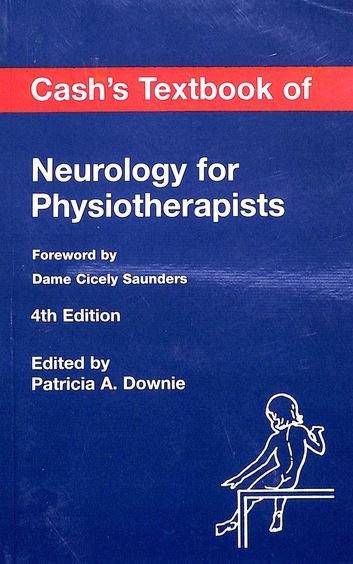
You May Also Like
चेरी का बगीचा
- ByNanhi Shop
- June 28, 2024
“मेरे पास कोई पासपोर्ट नहीं है न, इसलिए मुझे अपनी असली उम्र का ही पता नहीं। मुझे तो…
The High-Caste Hindu Woman
- ByNanhi Shop
- February 19, 2024
The High Caste Hindu Woman, which, according to her beliefs, “showed” the darkest aspects of the life of…
Man Eaters of Kumaon
- ByNanhi Shop
- April 18, 2024
MAN EATERS OF KUMAONJIM CORBETTMan-Eaters of Kumaon is a 1944 book written by hunter-naturalist Jim Corbett. It details…
History of Delhi Under the Later Mughals
- ByNanhi Shop
- April 23, 2024
Two hundred years ago, Delhi had been a great and imperial city for a century, with anything between…
Harishankar Parsai Popular Books Collection
- ByNanhi Shop
- May 5, 2025
व्यंग्य जीवन की श्रेष्ठ आलोचना है, यह एक मानी हुई बात है, लेकिन यही मानी हुई बात…
